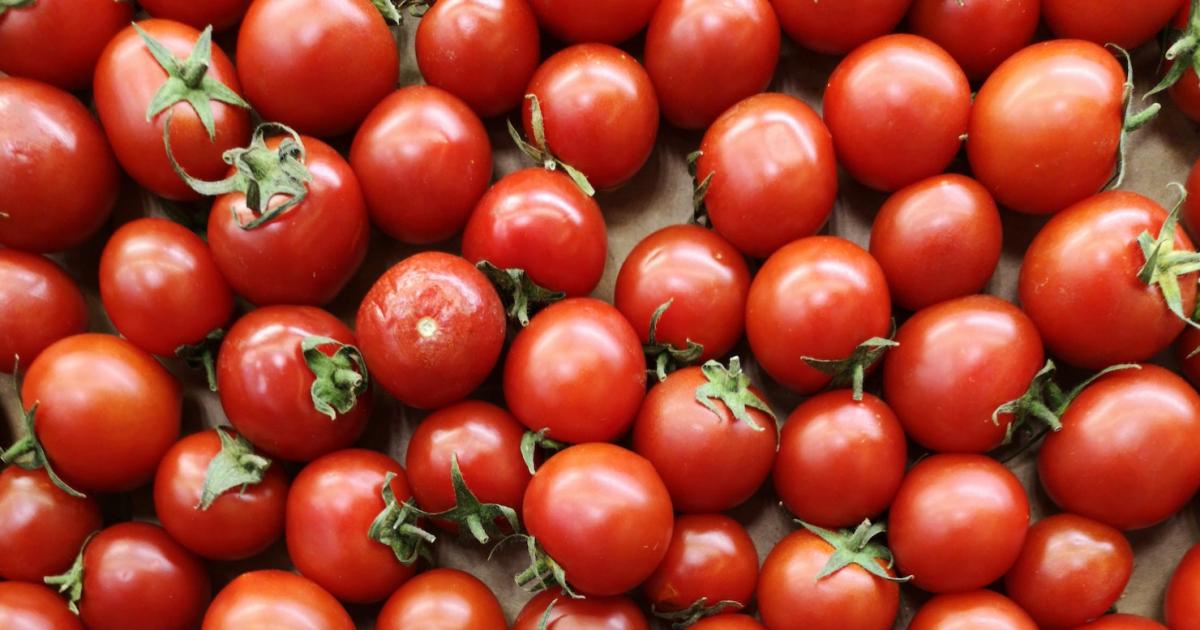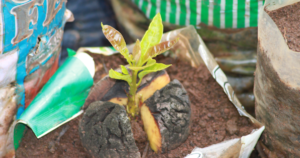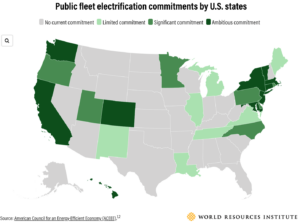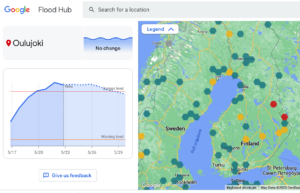
The Sustainable Agriculture Initiative Platform (SAI Platform), the sustainable agriculture nonprofit, on Wednesday announced the launch of a new framework, which aims to provide the farming industry with a globally aligned approach for navigating the transition to more regenerative practices.
The SAI Platform warned that climate change is set to decrease the productivity of farming globally by up to 30 percent, warning the agriculture industry faces a “critical moment” if it is to meet rising demand for food in the coming decades.
The group estimates that more than half of the world’s agricultural land has already been degraded, and that 70 percent more food will be needed by 2050.
To help tackle these risks the initiative has today launched a new “Regenerating Together” framework and broader program, which aims to promote and support the adoption of more regenerative agricultural practices that supporters claim can slash environmental impacts while boosting yields.
Climate change is set to decrease the productivity of farming globally by up to 30 percent.
The framework will see more than 30 agriculture cooperatives, including industry giants and the broader 170-strong SAI Platform membership, which features multinationals such as Nestlé, Danone, Unilever and PepsiCo, commit to a global standard for regenerative agriculture.
The SAI Platform said that in collaboration with farmers, academia, NGOs and businesses, it has established an aligned approach to regenerative agriculture that aims to mitigate and adapt to the impact of climate change, improve soil health, boost biodiversity, retain water in the soil and reduce consumption, while at the same time ensuring the commercial viability of farming businesses.
Overall, SAI Platform said the “common goal” of the new framework is to provide a resilient and productive food system that will both revitalize natural ecosystems as well as improve farmers’ livelihoods.
It explained that its framework has been designed for practical use at farm level to help drive farmers’ transition to more regenerative agricultural practices and translate the “often-ambiguous” concepts surrounding regenerative agriculture into action at a farm level.
In addition, SAI Platform said the framework would be integrated into its existing industry solutions including the European Roundtable for Beef Sustainability (ERBS), the Farm Sustainability Assessment (FSA) and the Sustainable Dairy Partnership (SDP).
Regenerative agriculture is the way forward to ensure productivity and farm ecosystem viability.
Dionys Forster, SAI Platform’s director general, said the initiative has a “proven track record of developing industry initiatives and programs that continuously improve sustainability and deliver measurable outcomes in the agriculture sector.”
“Regenerative agriculture is the way forward to ensure productivity and farm ecosystem viability — we must act now and further transition towards farming practices that protect the future of our planet,” he added. “We look forward to continuing to work with our members and other industry players as we build towards this common goal.”
The framework has also received support from leading agriculture businesses and associated companies in the sector, including AB Sugar, McCain and Unilever.
“SAI Platform’s Regenerating Together program has grown from an industry recognition that we must evolve our approach to sustainable agriculture to continuously drive positive impact in our supply chains,” said Eric Soubeiran, vice president of business operations sustainability at Unilever.
“As individual organizations we have set targets to implement regenerative agricultural practices, but this new framework brings leaders together to work towards one common commitment. We believe this framework sets a new standard for regenerative agriculture globally whilst providing the needed flexibility at farm level.”
- SEO Powered Content & PR Distribution. Get Amplified Today.
- PlatoData.Network Vertical Generative Ai. Empower Yourself. Access Here.
- PlatoAiStream. Web3 Intelligence. Knowledge Amplified. Access Here.
- PlatoESG. Carbon, CleanTech, Energy, Environment, Solar, Waste Management. Access Here.
- PlatoHealth. Biotech and Clinical Trials Intelligence. Access Here.
- Source: https://www.greenbiz.com/article/new-global-framework-seeks-streamline-regenerative-agriculture-practices
- :has
- :is
- $UP
- 2050
- 30
- 70
- a
- Academia
- Act
- Action
- adapt
- added
- addition
- Adoption
- Agricultural
- agriculture
- aims
- aligned
- already
- also
- an
- and
- announced
- approach
- AS
- associated
- At
- BE
- Beef
- been
- believe
- boost
- boosting
- both
- Brings
- broader
- build
- business
- business operations
- businesses
- but
- by
- CAN
- chains
- change
- claim
- Climate
- Climate change
- collaboration
- coming
- commercial
- commit
- commitment
- Common
- Companies
- concepts
- consumption
- continuing
- continuously
- critical
- dairy
- decades
- decrease
- deliver
- Demand
- designed
- developing
- Director
- drive
- ecosystem
- Ecosystems
- ensure
- ensuring
- environmental
- established
- estimates
- Ether (ETH)
- evolve
- existing
- explained
- faces
- farm
- farmers
- farming
- Features
- Flexibility
- food
- For
- forster
- Forward
- Framework
- from
- FSA
- further
- future
- General
- giants
- Global
- Globally
- goal
- Group
- grown
- Half
- Have
- he
- Health
- help
- HTTPS
- if
- Impact
- Impacts
- implement
- improve
- in
- Including
- individual
- industry
- Initiative
- initiatives
- integrated
- into
- IT
- ITS
- jpg
- Land
- launch
- launched
- leaders
- leading
- Level
- Look
- Meet
- Members
- membership
- Mitigate
- moment
- more
- must
- Natural
- navigating
- needed
- New
- NGOs
- Nonprofit
- now
- of
- on
- ONE
- Operations
- organizations
- Other
- our
- outcomes
- pepsico
- percent
- planet
- platform
- plato
- Plato Data Intelligence
- PlatoData
- players
- positive
- Practical
- practices
- president
- productive
- productivity
- Program
- Programs
- promote
- protect
- proven
- provide
- providing
- received
- recognition
- record
- reduce
- regenerative
- Regenerative Agriculture
- resilient
- retain
- rising
- risks
- s
- Said
- same
- SDP
- sector
- see
- Seeks
- set
- Sets
- soil
- Solutions
- standard
- streamline
- such
- sugar
- supply
- Supply chains
- support
- supporters
- Surrounding
- Sustainability
- sustainable
- system
- tackle
- targets
- than
- that
- The
- The Future
- The Initiative
- the world
- These
- this
- time
- to
- today
- together
- towards
- track
- transition
- translate
- unilever
- use
- viability
- vice
- Vice President
- warning
- Water
- Way..
- we
- Wednesday
- WELL
- which
- while
- Whilst
- will
- with
- Work
- world
- would
- yields
- zephyrnet









